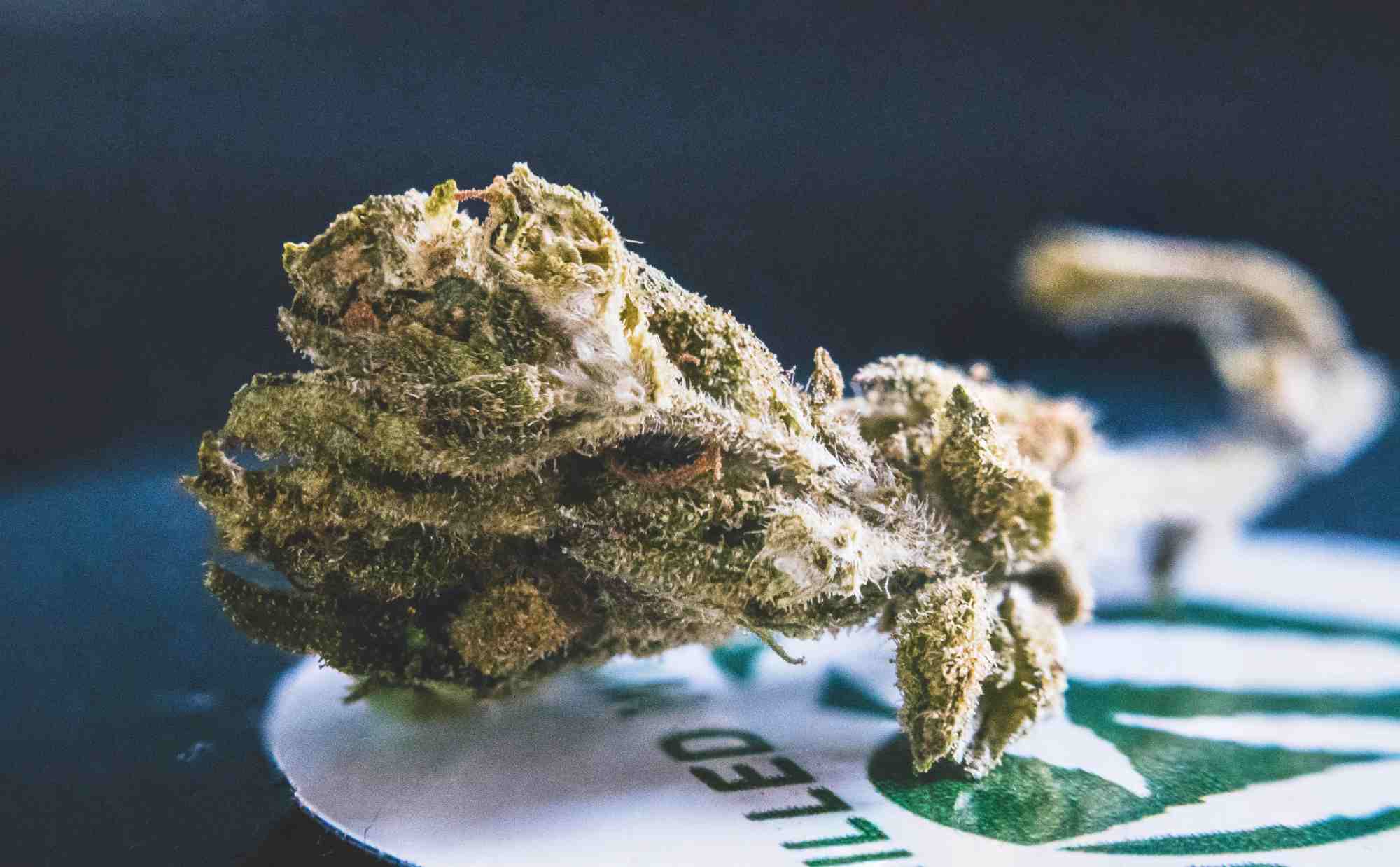

Embarking on the journey of market research into emerging cannabinoids such as Delta-8 THC unveils a fascinating exploration of the economic landscape surrounding the widely discussed Cannabidiol (CBD). In the intricate world of cannabis plants, where over 100 naturally occurring cannabinoids weave their molecular dance, interacting with cannabinoid receptors in the human brain, a complex narrative unfolds.
Delta-9 Tetrahydrocannabinol (Delta-9 THC) takes the lead as the most common hallucinogenic psychoactive cannabinoid. In contrast, Cannabidiol (CBD) emerges as the unsung hero, the most prevalent non-psychoactive component, standing tall alongside trace cannabinoids like Cannabigerol (CBG) and Cannabinol (CBN).
As the scientific community delves into the uncharted territories of Delta-10 Tetrahydrocannabinol (Delta-10 THC) and Delta-8 Tetrahydrocannabinol (Delta-8 THC), a symphony of questions surrounds their potential impact on human health.

A recent cross-sectional survey, akin to a snapshot capturing the zeitgeist, revealed that a remarkable one-fourth of Americans indulged in the allure of emerging cannabinoids such as Delta-8 THC, CBG, and CBN over the past year.
Dr. Kevin Boehnke, from the venerable halls of the University of Michigan Medical School in Ann Arbor, becomes our guide through the labyrinth of statistics. Among the 1,169 participants surveyed, 25.2% confessed to partaking in these compounds, a trend that gained momentum post the enactment of the 2018 Agricultural Act.
Surprisingly, CBD claimed its stake with 21.1% of respondents, while Delta-8 THC found its enthusiasts at 11.9%. The lesser-known players, CBG (5.2%) and CBN (4.4%), also secured their positions in this intriguing drama.
Dr. Boehnke's revelation rings loud, "We were surprised that over a quarter of Americans used these emerging cannabinoid products in the past year." An impassioned call for more research echoes through his words, emphasizing the imperative need to unravel the potential health effects of these cannabinoids amid their burgeoning popularity.
A shadow looms as Dr. Boehnke sheds light on the lack of laboratory safety testing for these products, leaving a Pandora's box of potential contaminants like pesticides, solvents, or heavy metals. The murky waters extend to the unknown content of these products, coupled with minimal age restrictions, especially in the vast expanse of online markets. A plea for robust regulations resonates, particularly for Delta-8 THC products, with reported effects akin to its more infamous counterpart, Delta-9 THC.
The survey's orchestration, conducted with precision from June 22 to 26, 2023, involved 1,169 respondents aged 18 and above. A demographic snapshot reveals a majority of female participants (51.7%) with a median age of 48, underscoring the diversity of perspectives shaping this narrative.
As we traverse the data landscape, nuances emerge. Younger individuals (18 to 39 years old) wield Delta-8 THC products more boldly, creating a generational divide. A negative correlation surfaces between residing in states with medical or recreational cannabis laws and the use of Delta-8 THC, casting shadows on the unintended consequences of cannabis prohibition.
This suggests that cannabis prohibition may inadvertently promote the use of Delta-8 THC products, which is problematic as these products often have less regulatory oversight than those offered by legal medical or recreational cannabis dispensaries.
The limitations acknowledged by the researchers, including the omission of dosage and frequency patterns, beckon the ongoing need for public health vigilance and further research into the safety, motivations, and outcomes of emerging cannabinoids.

What lies beneath the surface of this evolving narrative is the enigma called Delta-8 THC. An isomer of Delta-9 THC, it dances between the realms of natural occurrence in cannabis and its laboratory synthesis from CBD and Delta-9 THC. Dr. Joseph Friedman unravels the alchemy, where Delta-8 THC emerges from CBD through the intricate dance of heat and acid.
Yet, with its allure comes caution. The potential risks of Delta-8 THC extend beyond its psychoactivity, as users seek an alternative to CBD oil or gummies, balancing pain relief and anti-nausea effects akin to Delta-9 THC. The specter of poor quality control and misleading labeling raises its head, a potential pitfall for users unwittingly navigating a labyrinth of percentages and milligrams.
Delta-10 THC enters the stage, a rare isomer of Delta-9 THC, characterized by distinct chemical and physical properties. Dr. Sean Norris, the maestro of MC Nutraceuticals in Golden, Colorado, guides us through this less-explored compound's journey from trace amounts in cannabis plants to efficient manufacturing through extraction from Delta-9 THC.
As the curtain rises on the potential benefits of Delta-10 THC, users report a milder experience, free from the shackles of paranoia or anxiety. A subtle upliftment, increased alertness, and a dance with euphoria define its character.
Yet, the shadows persist. Quality control becomes the sentinel guarding against contamination with toxic substances, while the specter of illegal levels of Delta-9 THC lurks in the background.
Dr. Norris draws distinctions, emphasizing that Delta-8 THC offers relaxation without anxiety, while Delta-10 THC paints a canvas of mild euphoria and heightened alertness.
In the grand tapestry of cannabinoids, the narrative unfurls, a blend of science, societal shifts, and the human quest for exploration. As the spotlight shines on Delta-8 THC, Delta-10 THC, and CBD, a cautionary note echoes – these substances are strictly prohibited in China, a stark reminder of the diverse global landscapes these molecules traverse. In the end, the symphony of emerging cannabinoids continues to play, each note a revelation, each pause a call for further exploration and understanding.